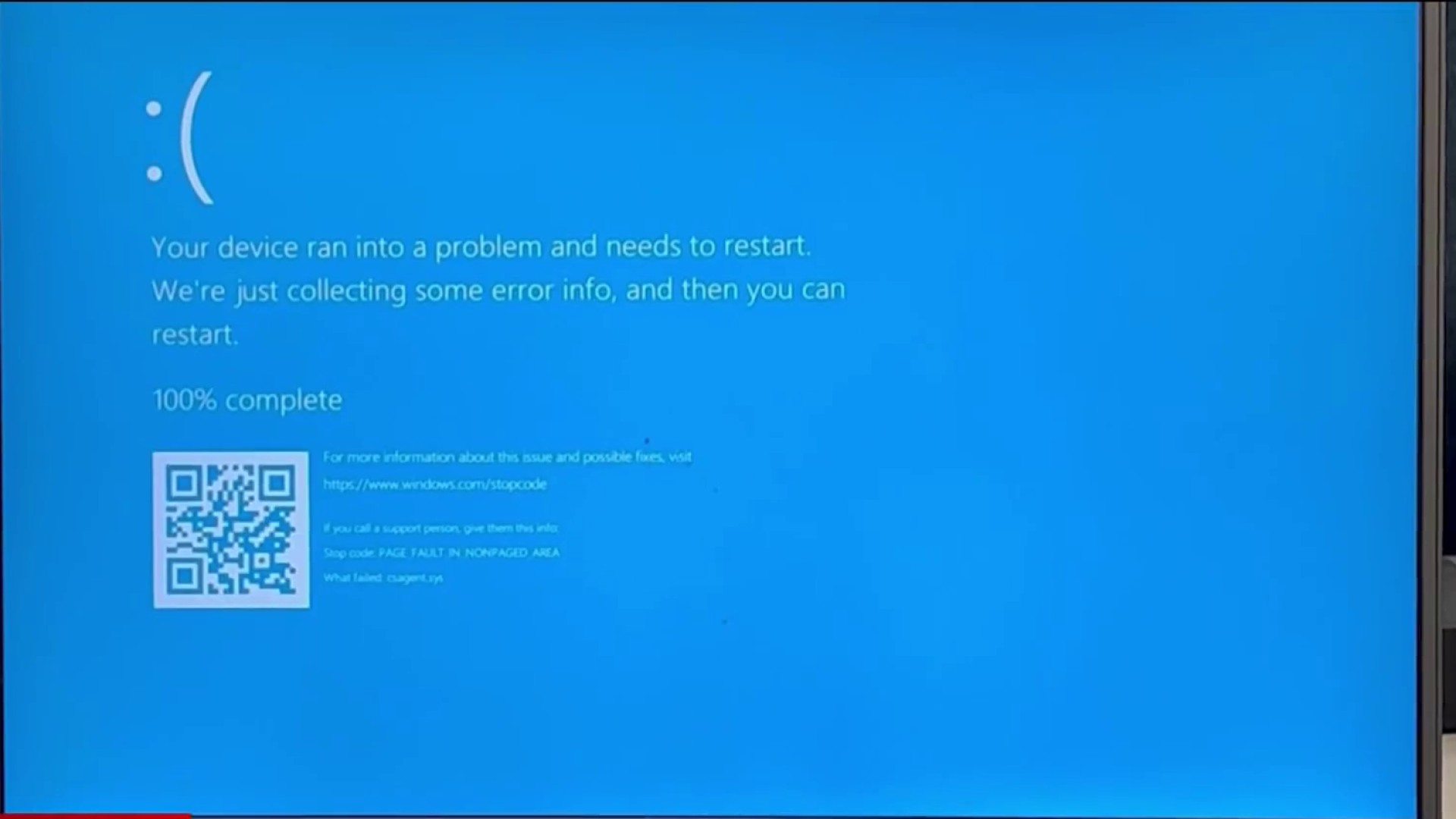It was all hands on deck at NBC 7 and Telemundo 20 Friday morning, just like it was in so many different industries worldwide, as IT specialists rushed from computer to computer, rolling back an automatic update that didn’t go as planned.
The global cybersecurity company CrowdStrike sent out an update late Thursday that USD cybersecurity professor Nikolas Behar says was not ready to roll out.
“To be honest, I’m a little bit disappointed because CrowdStrike is one of the top cybersecurity companies and we would expect them to do better,” Behar told NBC 7 Responds.
The update caused what’s known as the "blue screen of death" on computers protected by CrowdStrike.
Get top local stories in San Diego delivered to you every morning. >Sign up for NBC San Diego's News Headlines newsletter.
CrowdStrike outage
“They are writing software and there can be bugs, things happen,” Behar said. “But on this scale, maybe they should have tested their software before pushing it out, right? Maybe they should have scanned their code.”
Behar says CrowdStrike could have also sent out the update in waves, or required manual installation, which could have detected the problem sooner and kept it from affecting so many computers worldwide.
“These sorts of things, obviously you know, you try to understand and mitigate them,” CrowdStrike CEO George Kurtz said in an interview with NBC News Friday. “And in some cases, you have a weird interaction. And it didn't seem like it happened on every Windows system, there's different versions and flavors and patch levels, if you will. And we’re just trying to sort out where that negative interaction was.”
So what do you, as a consumer, need to know about this incident? CrowdStrike says it was not a cyberattack. Behar said it does not affect consumers directly, as CrowdStrike is mainly an enterprise-grade product and everything seems to be getting back to normal.
The outage is a reminder that we should regularly back up the data stored on our computers, and we should also test those backups to make sure they’re working properly.
Consumers should also be on the lookout for scammers who are trying to take advantage of the incident. There have been reports already of phishing attempts to try and get you to click on malicious links. So beware of any unexpected emails or texts related to this computer outage.
Behar says technology has made our world much smaller which is why it’s not surprising that this faulty update went global as quickly as it did.



